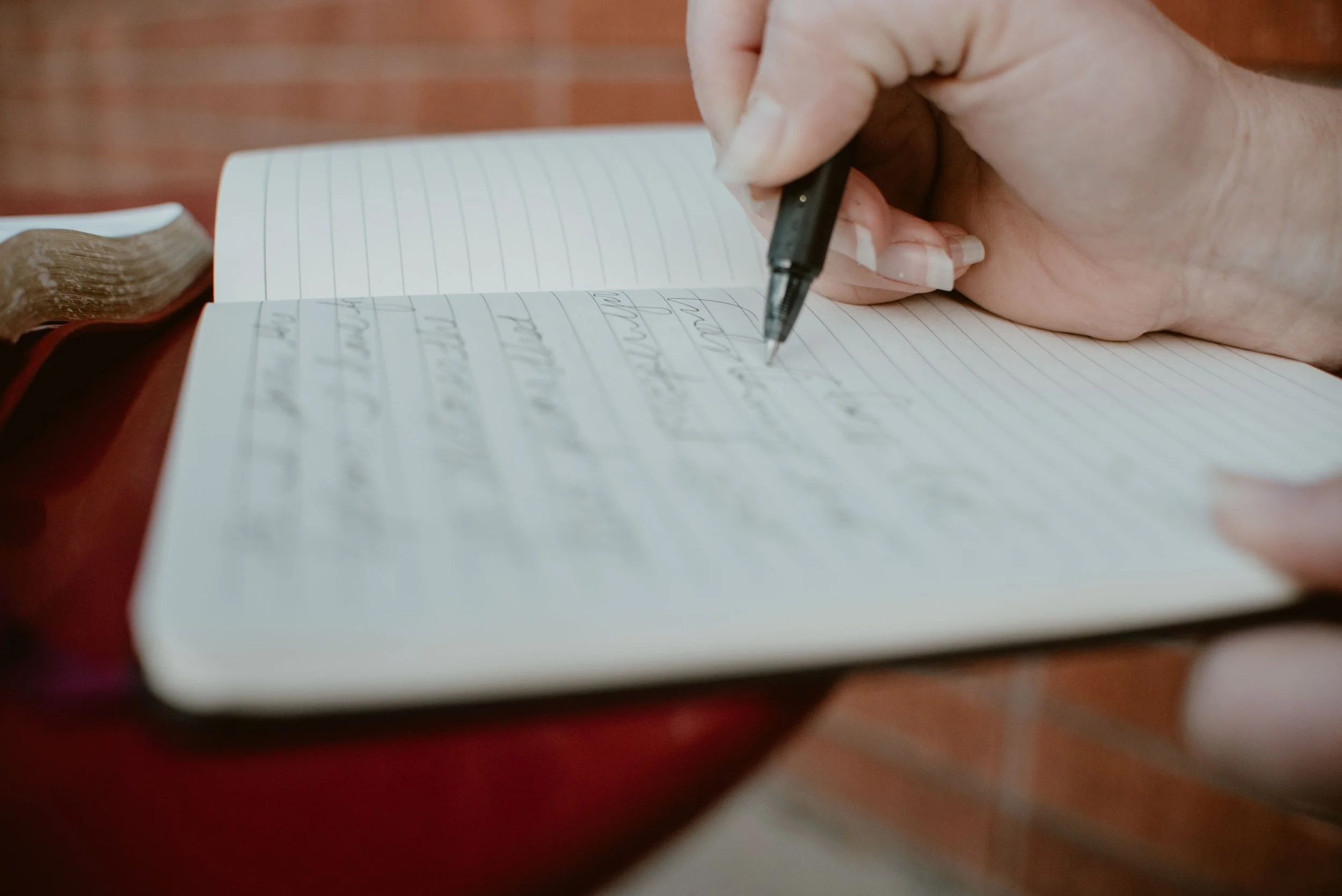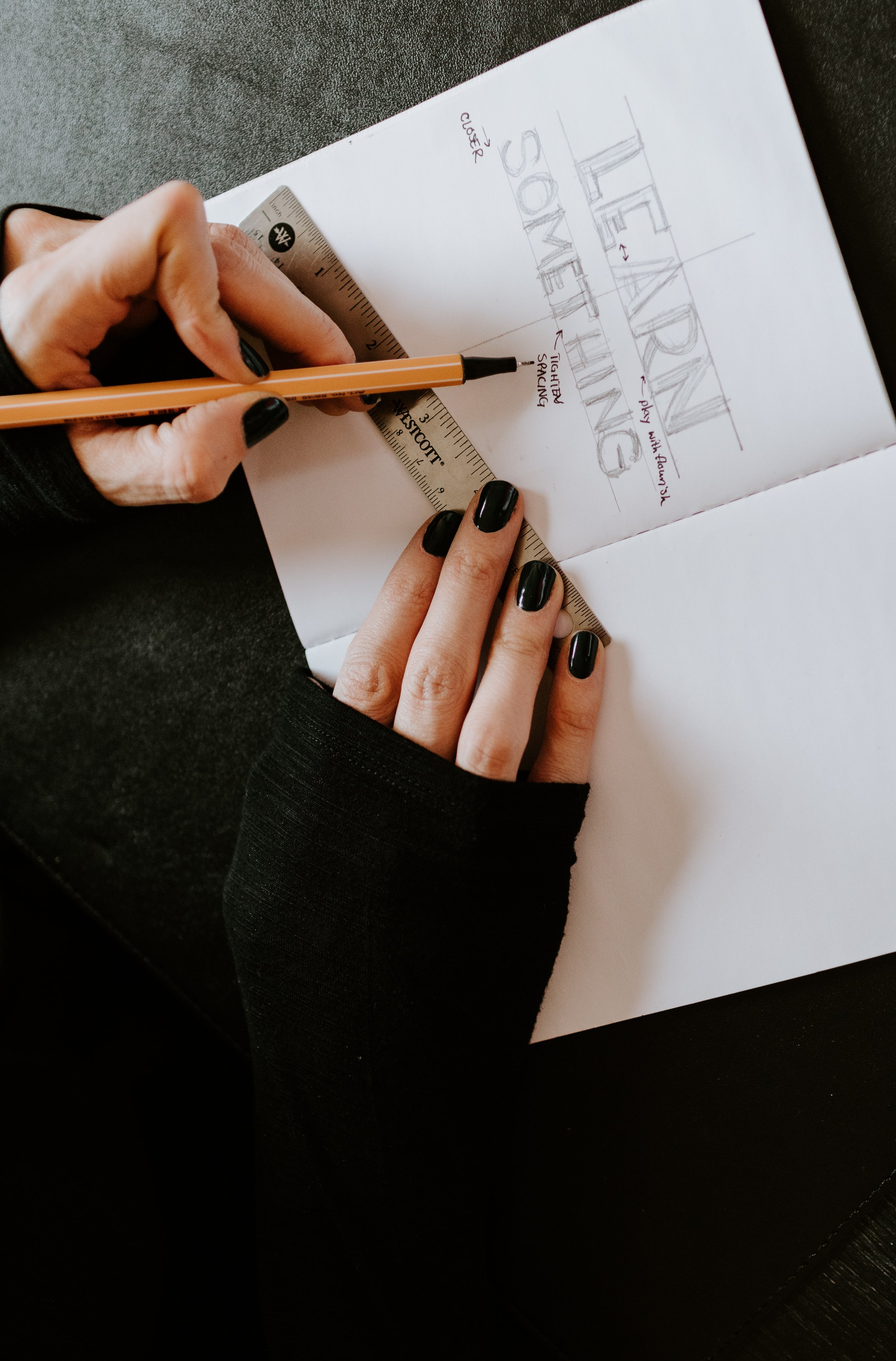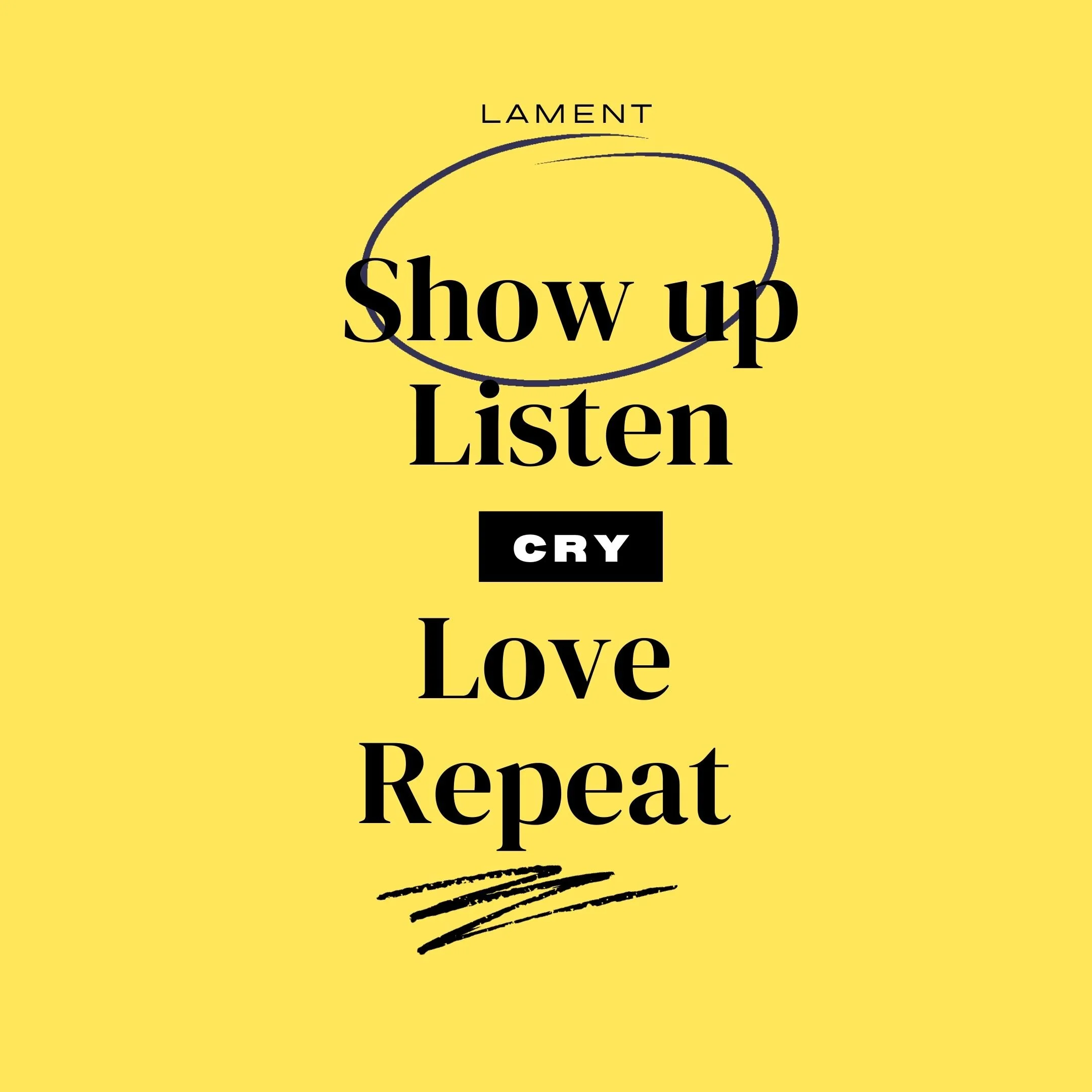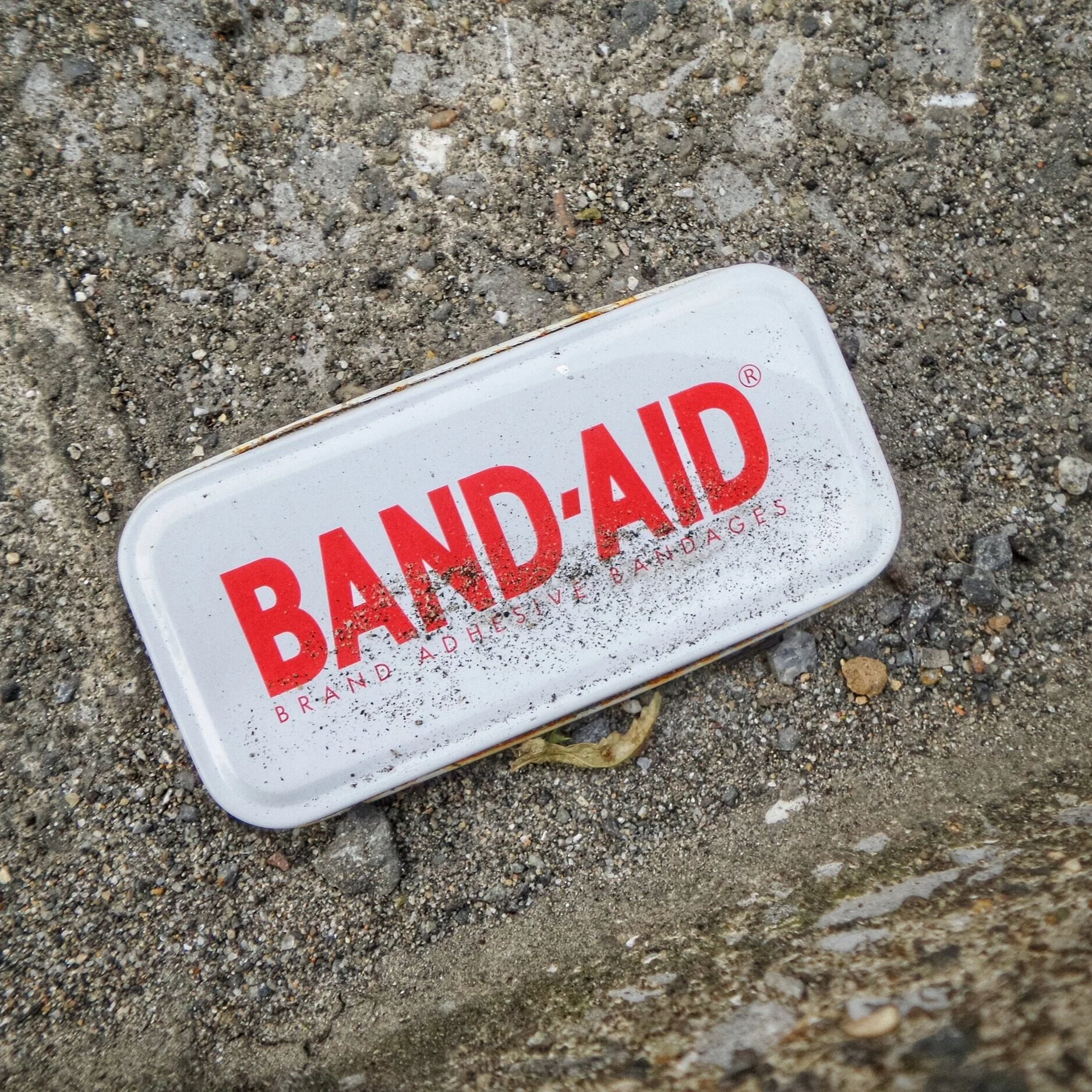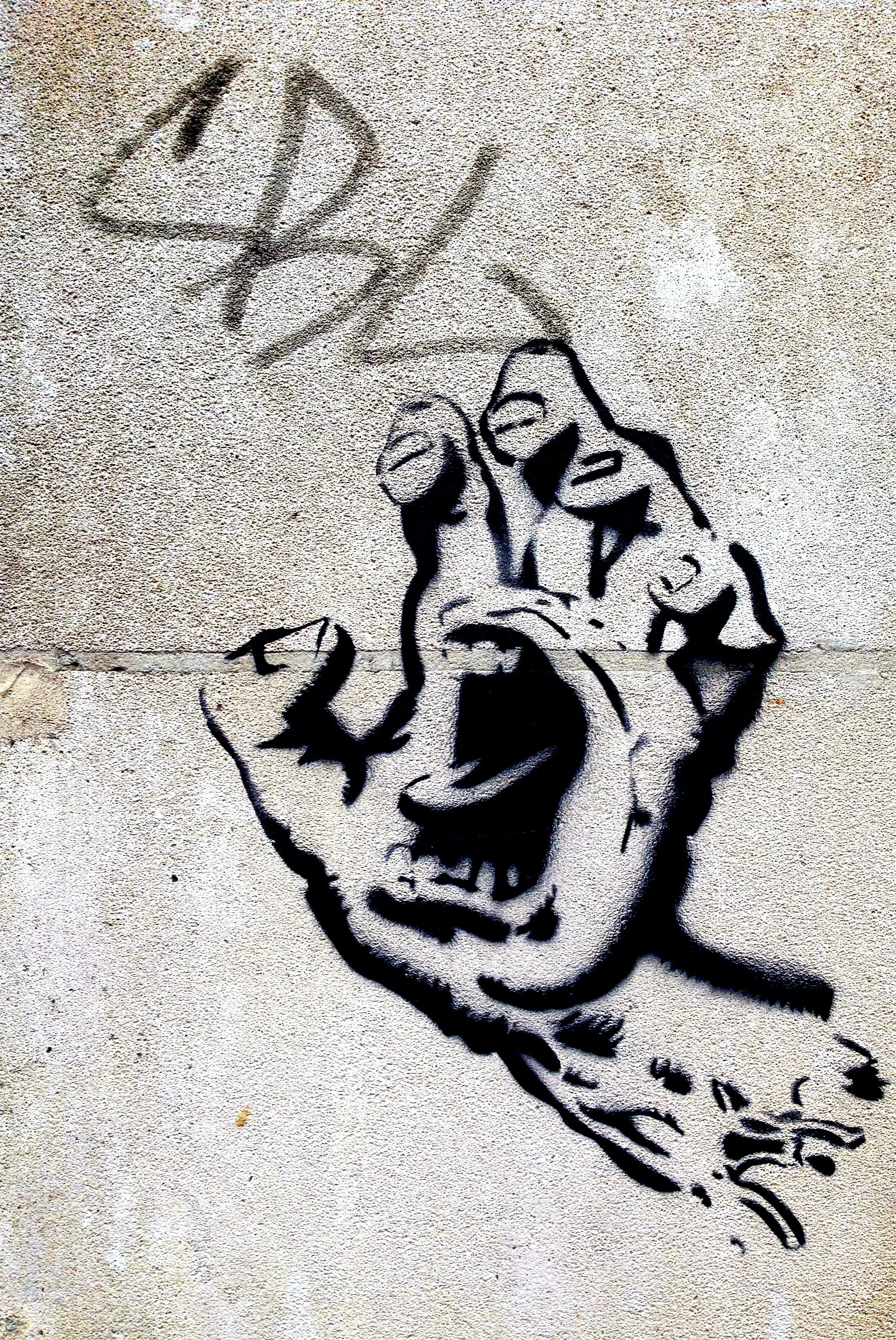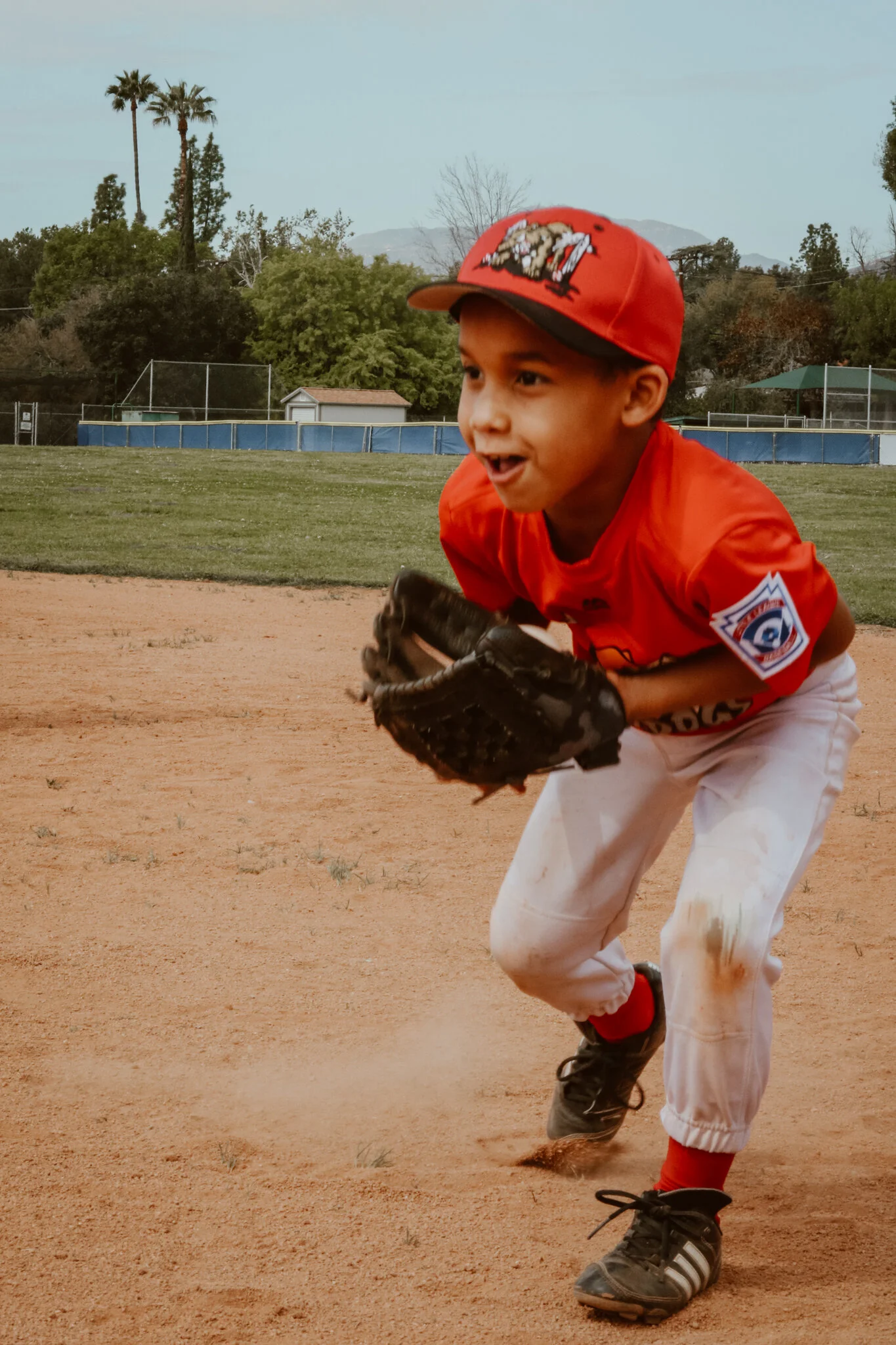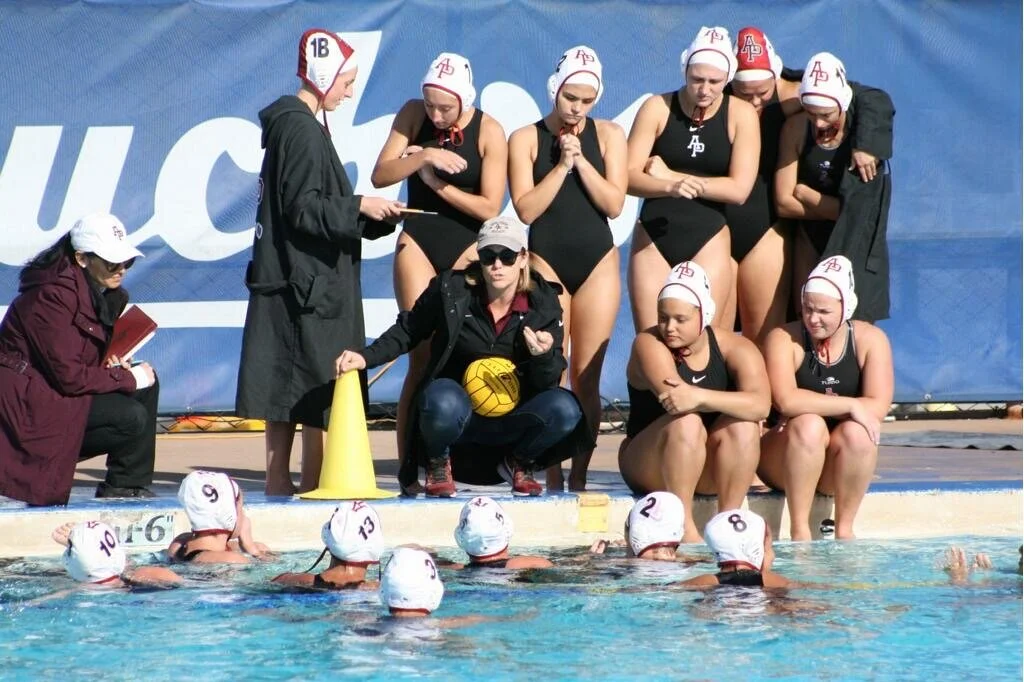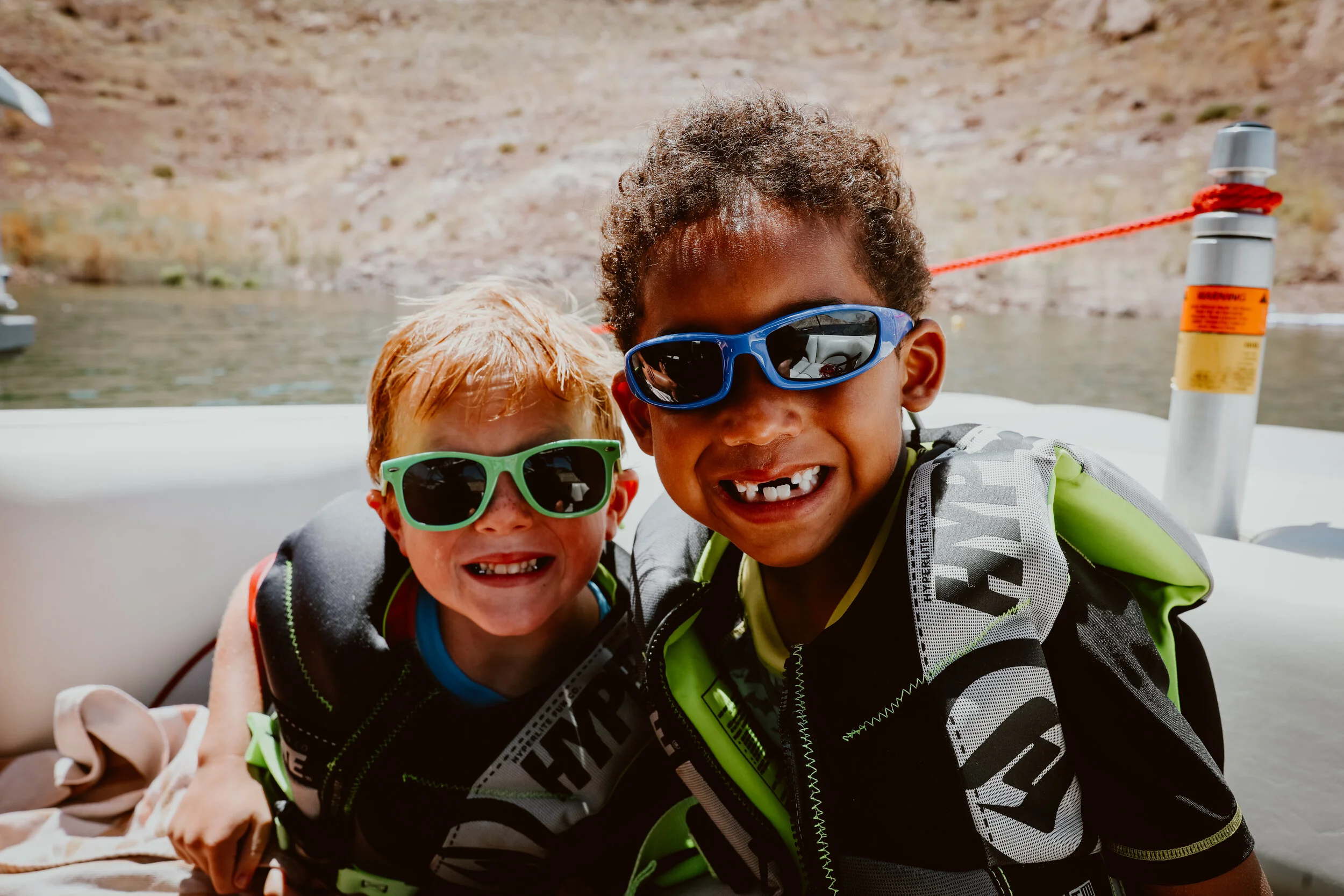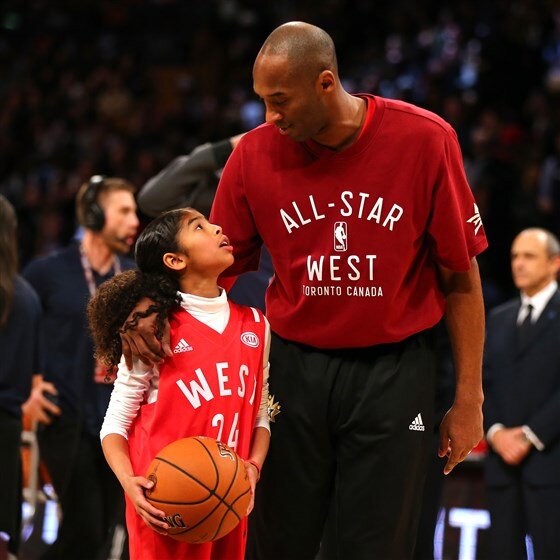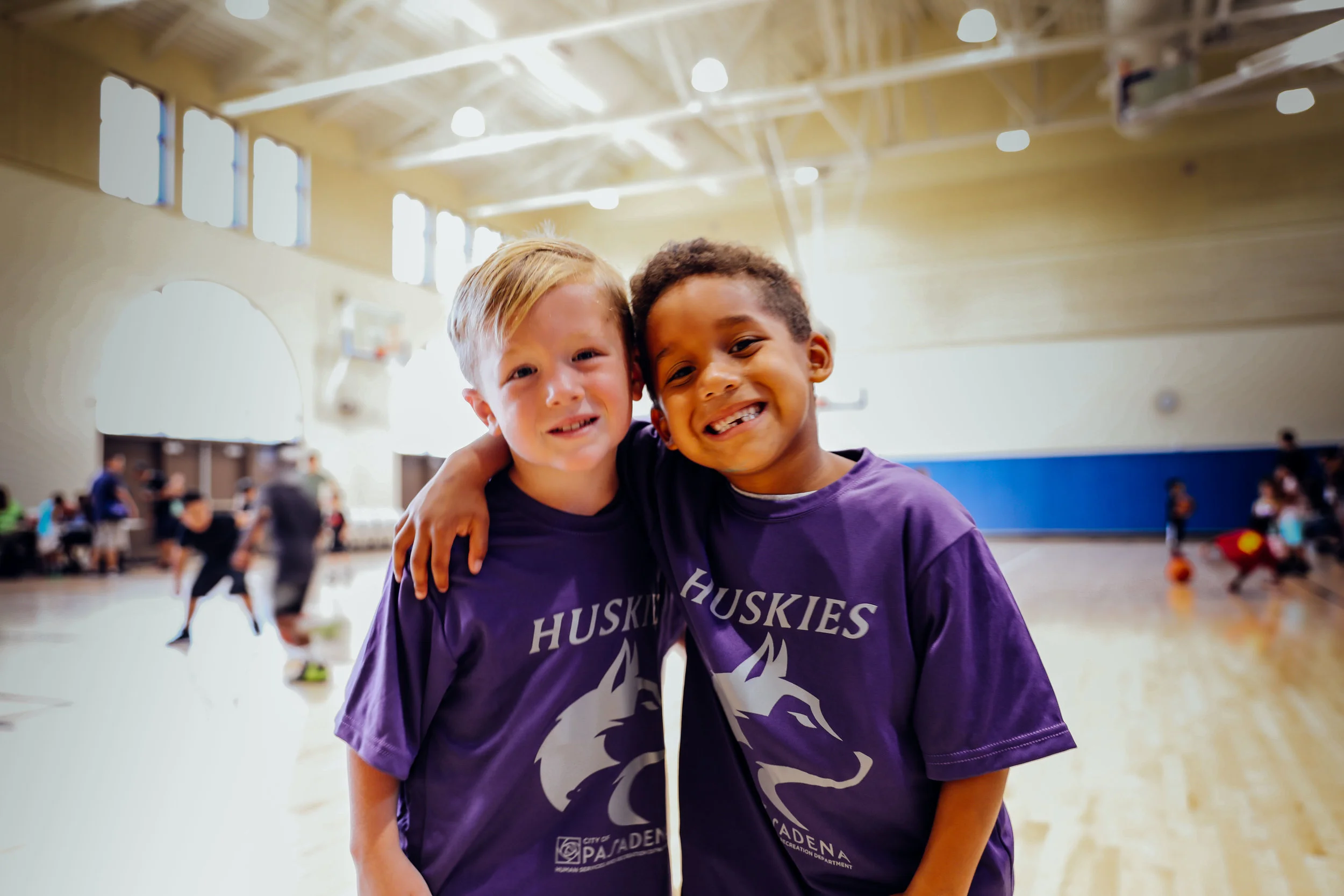Hurt people and Healed People
/If hurt people, hurt people, then healed people must heal people. Right?
Maybe... But how do we become healed? How do we end the cycle of hurt? How can we heal others? Is that a job for doctors, psychologists, and pastors?
I have spent a lot of the past seven years contemplating this question of hurting and healing. I have experienced plenty of my own hurt and I have also walked alongside teens, young adults, couples, and foster children as they wade through pain that seems unjust and agonizing. I have watched mother’s bury young children,and I have seen so many things wreak havoc on lives: eating disorders, suicidal thoughts, depression, addiction, infidelity, lying, cheating, greed, manipulation, bullying, and the list goes on.
I am coming to embrace (not just accept) that hurting is a part of life that cannot be avoided in this broken world. But how we deal with the hurt is what makes all the difference; and how we allow others to deal with their hurt changes everything. I once met a man who trains pastors in India. When they complete their training after a few years, they literally pledge their life knowing that death is a likely option for them as they preach the name of Jesus. He has too many stories of pain to count and he says this: “A person’s leadership capacity is determined by their ability to bear pain.” (Chacko, Madness)
How we deal with pain matters- it impacts us and everyone around us.
When we were young, we did not have much of a choice, we survived, we picked up on coping techniques and survival techniques from both our environment and our DNA. As children and teens, we were highly impacted by those closest to us. However, recent science is showing trauma can also be inherited with DNA. It has been found that the stress hormones and traumas a mother has while pregnant (with a girl) can actually send signals to the developing eggs inside of the fetus. Therefore, a trauma or intense stress during pregnancy can actually impact a woman’s grandchildren. (Wolynn, It Didn’t Start With You).
BUT- we are older now! And instead of blaming our grandparents and parents for all of our problems, let me clearly state a core belief. Who we are today is a compilation of our nature, nurture, circumstances, and society; who we are five years from now- who we are tomorrow- that is up to us.
As adults, we can choose to remain injured or we can choose healing. Internal healing, like any recovery, is not smooth and easy. It will require effort and pain. It will make us return to the pain of our younger years and face it with a new brain- quite literally. In our adulthood, we have our “newfound” and fully-developed frontal lobe, and we can now make sense of a lot of the grief and trauma our child brain could not. Our child brain protected us and allowed us to survive, and for that, we can be genuinely thankful. But if we want to do more than survive, it we want healthy relationships and a healthy life, we have got to take some ownership. We can choose to face our past and actually rewire the way our brain functions to create paths of healing and change negative habits. The way we think actually impacts our physical health on longevity, so this stuff matters! Our family history also matters, so learning about these things can really truly benefit you.
To read more on brain rewiring please research Dr Caroline Leaf. (https://drleaf.com)
So why do I bring all of this up? Because we live in a culture that desperately wants to be well, but we busy ourselves beyond any capacity to live well. We want to be healthy, but more than healthy we want to be happy, and this is our downfall. We often succumb to the thinking that our outside image, the instagram montage of life, and our financial status will bring happiness, so we neglect what matters deeply for that which seems urgent.
I long for people to have healing that transforms. In the course of my 15 years in ministry, and through enduring much of my own painful growth, I have come to find there are three helpful steps and one VITAL posture that allow for growth and healing to take place in both self and others.
Step 1: Recognize Need for help- admit we have an shortcoming
There are many times in our lives we are made aware of a blindspot in our life. This is the first step into recognizing there is area for growth or healing. More often than not, this realization comes with some level of pain and discomfort. It may come from a situation at work, a reoccuring fight with our spouse, a physical response, a life changing event, a hurtful comment, or even the blunt words of a dear friend who points out our dysfunction. The truth is, we all have many times in life that our shortcomings and blind spots are pointed out, but once they are, what do we do? More often than not, we fight it, defend it, make an excuse for it, displace blame, ignore it, or even attack someone else as a result of feeling exposed. ALl of these responses are protective measures and not actually responses that bring real solutions. So instead of reacting with the former responses, the important thing to do is to take the feedback, evaluate it, admit our part in it, and own the change.
THIS IS HARD! It is humbling! And being humbled is just that- HUMILIATING. So a small step toward embracing Step 1 is to look at what it might feel like to be on the receiving end of you! What is it like for someone to endure your tone, face, energy, and attitude on a daily basis- with the temperament they have? That may help us see other ways to interpret the actions and nuances of our daily life beyond our own lense. Once we can admit we are flawed, we can take another step.
Step 2: ASK for help- both from the word of God and from friends and loved ones
Asking for help is also a humbling situation, but it is necessary when dealing with blind spots or hard to break habits. If we have endured a trauma, have limited knowledge or experience in a specific area, or are bound to a habit, we need knowledge and accountability. We need practical tools beyond our past experience, and we need it quickly.
In an airplane, if the oxygen masks drop down, we are trained to have the capable person put on their mask first so they can help others without passing out. In most plane rides, I would consider myself the person to first put on my mask to assist others. But, in matters of healing, we forget that we are the person needing help from a fellow passenger with their oxygen mask already on! All too often we think ourself the savior or solver of all of our problems. And while I am a huge advocate for owning our decisions, we still can’t save ourself by ourselves. So this leads right into step three
Step 3: RECEIVE help
There are times in life when we recognize we have a hurt; we may even get to a point where we are able to express the pain with words and explain around it. You can read books, tell people, get counsel, and do so many other things, but until we receive in our heart and apply in our daily actions, ABSOLUTELY NOTHING WILL CHANGE! We will just keep reliving the same dysfunctional cycles in different time frames of life. I have said before and head it said many times that we only change when the pain of staying the same outweighs the pain of change. It is so hard to change on our own. We can last a few months or years even, but without support or help, we will easily fall back in to bad habits.
After thinking though these steps, the only posture to have for lasting change is one of humility. True humility sees yourself through someone else's eyes and admits areas for growth.
The fancy word for the continual process God takes us on to align our lives with Him so we grow and mature spiritually is “sanctification.” God can break our old ways of living, our negative habits, and make us into a new creation. We can be set free from people pleasing, resentment, bitterness, hate, performance anxiety, depression, addiction and ANY other bondage through a process of sanctification. However, there is a caveat here. Sanctification does not happen when only one side is working. Both sides are engaged.
So the truth of the day: our healing does not depend on us, but it requires all of us.
God’s job is to prepare a plane with oxygen masks, other people and His word are the helpers next to us in the seats, and we are the person who ultimately needs to make the choice to breathe the air. If we cannot get through the first step and admit we have shortcomings, we will never move through into growth.
When we surrender our agenda to Christ, there is not a part of our life he does not try to reclaim for His good. We can choose to deny Him our hurts or our habits, but that will only keep those areas away from redemption- it will leave those areas unchanged and immature.
It is so true that hurt people, hurt people. And I believe that healed people can help heal people, BUT- and it’s a big but- people must WANT to heal and be willing to do the hard work.
So, where do we stand? Here are some questions to ask yourself to see if you are a person who is hurting or healing.
Hurting
Are people around me “too sensitive” all the time?
Does my closest relationship (spouse/ parent/ child) see me as impatient?
Are you constantly or easily irritated?
Do you have fits of rage or other unexplainable emotions that you cannot control?
Is there a looming thought in your head that you just are not “good enough”?
Are you constantly unsatisfied?
Do you gossip
Healing
Do you feel peace in your daily life?
Do you welcome feedback and input without taking it personally?
Do people ask you for guidance in their time of need?
Do you live out the advice you give others?
Do you grieve?
If you are hurting, do you want to get well? If you are healing, are you staying humble?
My cry for us all is it to risk healing. Let’s take a look at these questions and risk admitting we are broken and bruised and need Jesus help. Let us be willing to still see ourself as beautiful valuable, and loved by God even with our flaws, and let’s RECEIVE that love and healing one humble step at a time.
Notes:
Chacko, Jossy. Madness
Wolynn, Mark. It didn’t start with You: How Inherited Family Trauma Shapes Who We Are and How to End the Cycle
Dr Caroline Leaf. (https://drleaf.com)
